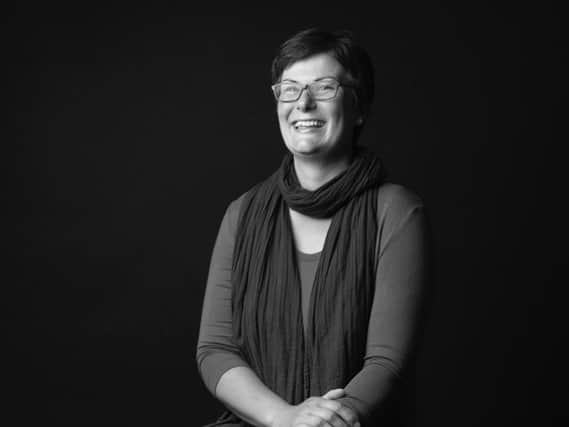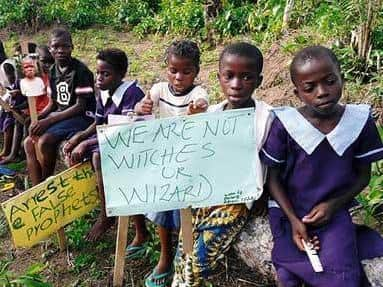Lancaster Academic plays vital part in a historic UN resolution condemning witchcraft atrocities


A team of advocates, including a Lancaster University academic, has taken the first crucial steps to stamp out the worldwide atrocities of witchcraft policies, including ritual killings, with the acceptance of a UN resolution.
The resolution was passed without a vote, after being tabled at the UN Human Rights Council by Kenya earlier this month, with the support of the Africa Group, made up of 54 members states from the African continent.
Advertisement
Hide AdAdvertisement
Hide AdWitchcraft-related beliefs and practices have resulted in serious violations of human rights across the globe, including beatings, banishment, amputations, torture and murder, as thousands of people are accused of witchcraft each year.


Women, children, the elderly, and people with disabilities including those with albinism, a genetic disorder that impairs the ability to create pigment in the body, are particularly vulnerable.
In the last decade, more than 700 attacks on people with albinism have been reported in 28 countries.
The resolution, which calls for the elimination of these harmful practices, comes following 6 years of hard work by a coalition of survivors, non-profit organizations, academic and lawyers to draw attention to the issue
Advertisement
Hide AdAdvertisement
Hide AdProfessor Charlotte Baker, of Lancaster University, who has published widely on albinism in Africa was part of this team along with Lancaster University honorary graduate and human rights advocate Gary Foxcroft, UN Independent Expert on Albinism Ikponwosa Ero, and international human rights barrister Kirsty Brimelow.
Professor Baker said: “The extent of the threat to people vulnerable to harmful practices related to the manifestation of certain witchcraft-related beliefs means that we must act now to tackle this issue. Our collaborative approach means that we can work across sectors and at different levels to achieve positive, integrated and lasting change. The UN Resolution is a fundamental milestone in this process.”
Gary Foxcroft, currently Social Entrepenur in Residence at Lancaster University added: “The UN Special Resolution is an important step in helping to stop the, often horrific, human rights abuses that take place due to beliefs in witchcraft around the world. We needed as many governments as possible to support this Resolution and believe that our work inspired the action needed to do so. Much more remains to be done following this Resolution. However, we are moving forward in the right direction and there is hope that more abuses can be prevented.”
Professor Baker and the team first brought their work to the attention of the UN in September 2017 when they organised a Witchcraft and Human Rights Expert Meeting at UN headquarters in Geneva, which examined for the first time the large-scale human rights issue that had largely slipped under the radar of governments, NGOs and academics.
Advertisement
Hide AdAdvertisement
Hide AdThe following year the team organised a shocking photographic exhibition, funded by Lancaster University, at the UN headquarters and in January 2019 held an international conference on Witchcraft and Human Rights at Lancaster University to further highlight the atrocities.
Taking to Twitter, Lancaster University said: “We’re incredibly proud of Professor Charlotte Baker and her work combat harm caused by witchcraft. Her research has been crucial in helping achieve a new UN Resolution...”